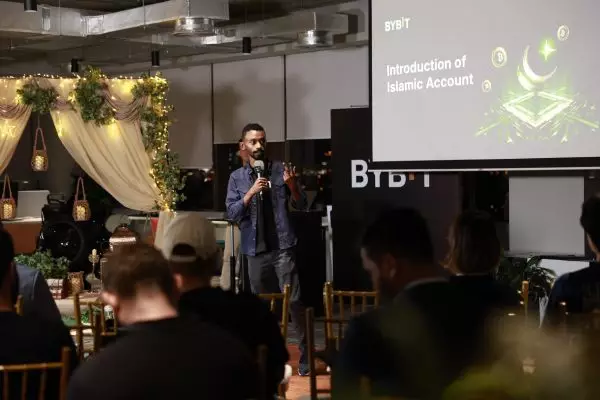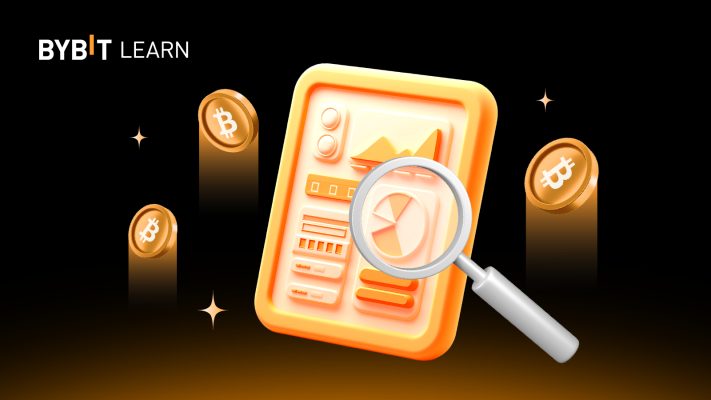As gaming platforms merge with burgeoning cryptocurrency technologies, we are witnessing a revolution in digital interactivity and monetization. This article looks at the rise of NFTs, their integration into gaming, the transformative Play-to-Earn model, and the ripple effects they’re causing both economically and societally. Join us as we explore the future implications of this convergence and what it holds for the worlds of gaming and finance.
The Rise of Online Gaming
The digital era has witnessed an unprecedented boom in online gaming, with the online casino leading the charge while redefining how we play games. These platforms offer everything from slots to live-dealer card games, all from the comfort of one’s home. Advances in technology have not only amplified accessibility but also transformed our gaming habits, making them more interactive and avenues for monetization.
As players experienced the shift from physical to digital casinos, our understanding of value in games evolved. Now, just as online casinos once revolutionized our perception of reward in the gaming space, NFTs stand poised to mark another transformative wave. These unique digital assets promise to redefine value and ownership in gaming, indicating the industry’s unceasing evolution.
Background on NFTs
At the heart of this melding is the NFT—Non-Fungible Token. Unlike standard cryptocurrencies such as Bitcoin, each NFT possesses a unique identity, ensuring its distinction and rarity in the digital universe. This uniqueness drives its value through digital scarcity, provenance, and undeniable ownership. Beyond gaming, NFTs have permeated various domains. Who could forget the viral CryptoKitties or the innovative digital art auctions on platforms like Foundation? Their versatility and appeal stretch far and wide.
NFTs in Gaming

The gaming sphere has eagerly embraced NFTs. As game developers explore the myriad possibilities they offer, players find themselves as beneficiaries of true digital ownership. Games like ‘Lost Relics’ and ‘The Sandbox’ are pioneering this integration, where in-game assets, be it a mystical sword or a plot of virtual land, are tokenized as NFTs. This shift emphasizes the items’ rarity and opens the door to real-world monetization possibilities. Yet, the path isn’t entirely rosy. Issues such as blockchain scalability, the carbon footprint of extensive mining, and the notorious volatility of the crypto market are pressing concerns.
Introduction to Play-to-Earn Model
The play-to-earn model introduces a dynamic shift in gaming interaction. In this realm, players are more than just spectators or participants; they become deeply integrated stakeholders, owing part of the gaming universe where they’re playing. Unlike the traditional spend-to-play or freemium models, play-to-earn emphasizes earning through gameplay. This model recognizes and rewards players’ skills, dedication, and time, allowing them to extract value from their virtual endeavors.
Popular Play-to-Earn Games and Their Impact
Games like Axie Infinity and Decentraland are at the forefront of this evolution, offering interactive platforms that are more than just games—they’re vibrant digital ecosystems. These games are creating waves of enthusiasm, not just within hardcore gaming communities but among casual players as well. Their unique play dynamics and community-focused features are setting new standards in the gaming arena.
The Societal Implications
The rise of the play-to-earn model, combined with the integration of technologies like NFTs, is reshaping the way we perceive and engage with games. It’s all about inclusivity, community-driven development, and encouraging a richer sense of belonging among players. However, with every evolution come challenges, such as ensuring game designs remain engaging, and striking a balance between innovation and accessibility.
A New Gaming Era
The digital transformation in the gaming sector is reminiscent of many pivotal moments in history. Just as the dot-com era redefined businesses, the blend of advanced gaming mechanics and technologies is bringing a new chapter to digital entertainment.
For many players, especially in places where access to diverse entertainment might be limited, these platforms offer new ways to engage with digital content. As these ecosystems grow, so does the spectrum of opportunities within them—be it in game design, community management, or even digital artistry.
Businesses, too, are adapting. Traditional gaming enterprises are now considering blockchain integration while new startups emerge, specifically catering to the NFT and play-to-earn ecosystems. As we move forward, this intertwining of gaming and finance might just be the blueprint for the next global economic shift.


